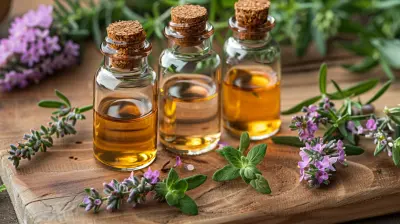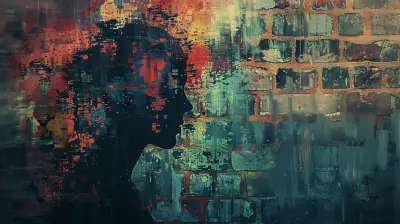Why Addiction Is a Family Disease
24 April 2025
Addiction is often seen as a personal struggle—a battle between an individual and their substance of choice. But the reality is far more complex. Addiction doesn’t just affect the person using; it ripples out, touching everyone around them, especially family members. In many ways, addiction is just as much a family disease as it is an individual one.
But why is that? How does addiction seep into family dynamics, and what can loved ones do to heal alongside the person struggling? Let’s break it down.
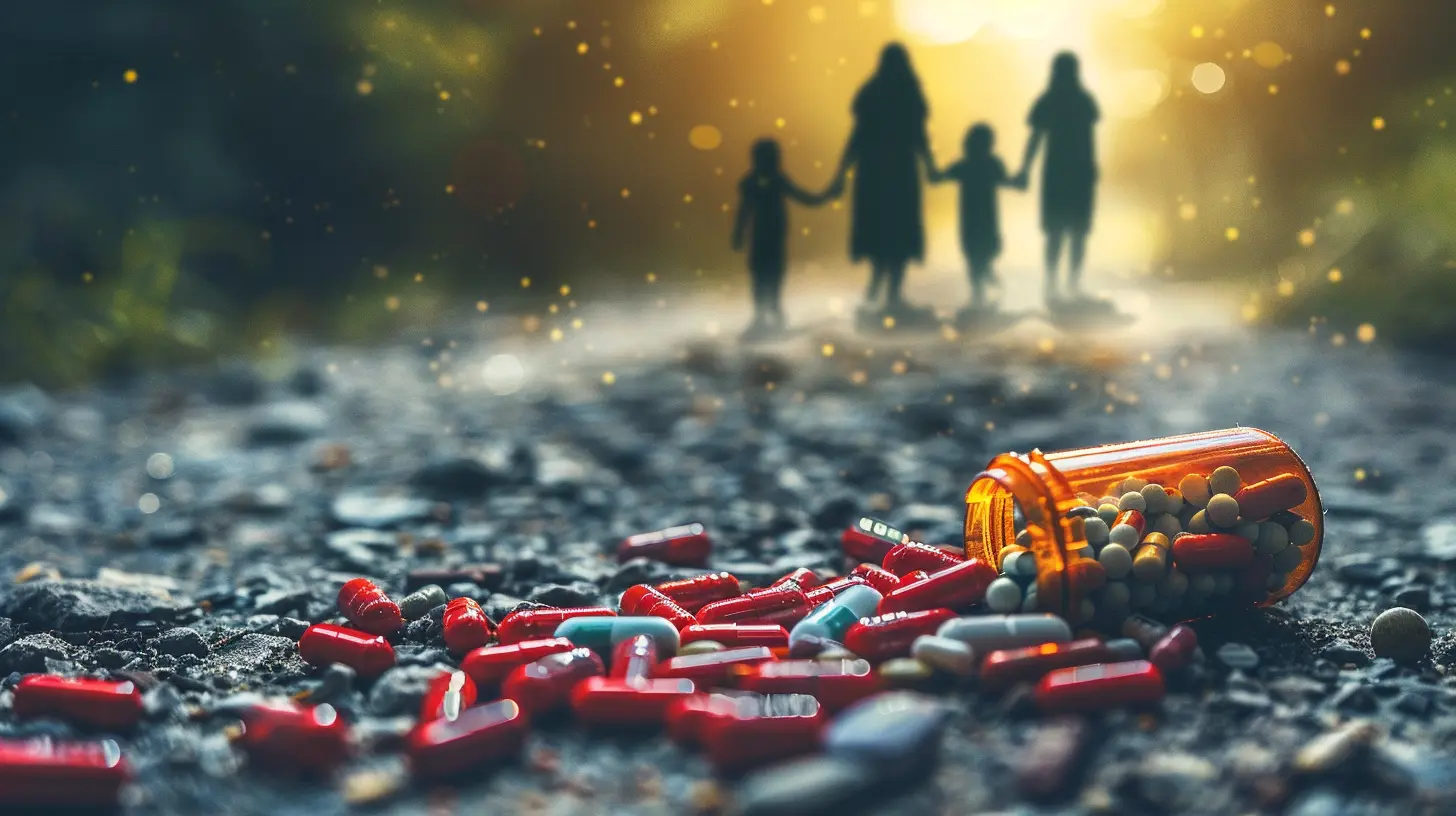
Understanding Addiction as a Family Disease
When someone struggles with addiction, their actions, choices, and emotional state impact their entire family. Think of addiction as a storm—when it hits, it doesn’t just destroy one tree; it shakes the whole forest. Addiction changes family dynamics, disrupts relationships, and leaves emotional scars.It’s not just about watching a loved one suffer. Families often experience financial strain, emotional exhaustion, broken trust, and even enabling behaviors. This collective impact is why addiction isn’t just an individual issue—it’s a family disease.
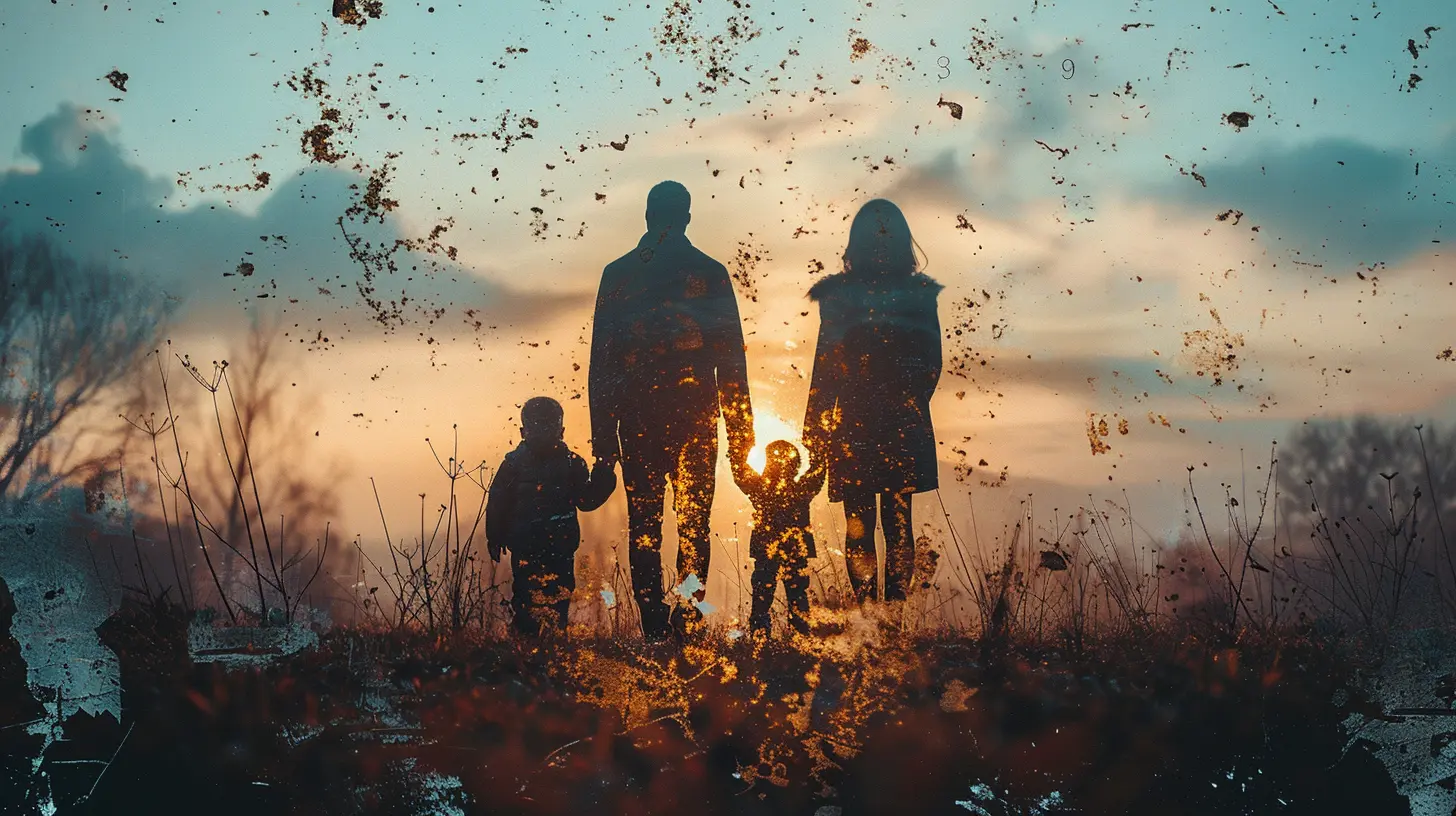
The Ripple Effect: How Addiction Affects the Whole Family
1. Emotional Turmoil and Stress
Living with a loved one who struggles with addiction is emotionally exhausting. Family members often experience:- Anxiety about their loved one’s well-being
- Frustration over broken promises
- Guilt—wondering if they could have done something differently
- Depression due to ongoing stress and disappointment
These emotions can take a toll on mental health, sometimes leading family members to develop their own coping mechanisms, which may not always be healthy.
2. Shifting Family Roles
Addiction often forces family members into roles they never asked for. Some common roles include:- The Caregiver: The one constantly trying to “fix” the addicted person, often at the expense of their own needs.
- The Enabler: The person who unintentionally supports addiction by making excuses or covering up for their loved one’s mistakes.
- The Scapegoat: Sometimes, one family member gets unfairly blamed for everything going wrong in the household.
- The Lost Child: The one who withdraws emotionally to escape the chaos.
- The Mascot: The one who uses humor to deflect from the pain.
These roles create unspoken family dynamics that can be hard to break, even after the addicted person seeks recovery.
3. Financial Struggles
Addiction often comes with financial consequences. Whether it’s job loss, legal issues, or money spent on substances, it can put a family under serious financial pressure. This can lead to stress, arguments, and even resentment among family members.4. Broken Trust and Relationship Strain
Honesty is often one of the first casualties of addiction. Lies, broken promises, and manipulation become common, eroding the trust that holds families together. Rebuilding that trust isn’t easy—it takes time, effort, and a commitment from both sides.5. Generational Patterns
Addiction can be a cycle. If a child grows up in a home where addiction is present, they’re more likely to develop substance use issues themselves or fall into unhealthy relationship patterns as adults. Breaking this cycle requires awareness, support, and often professional help.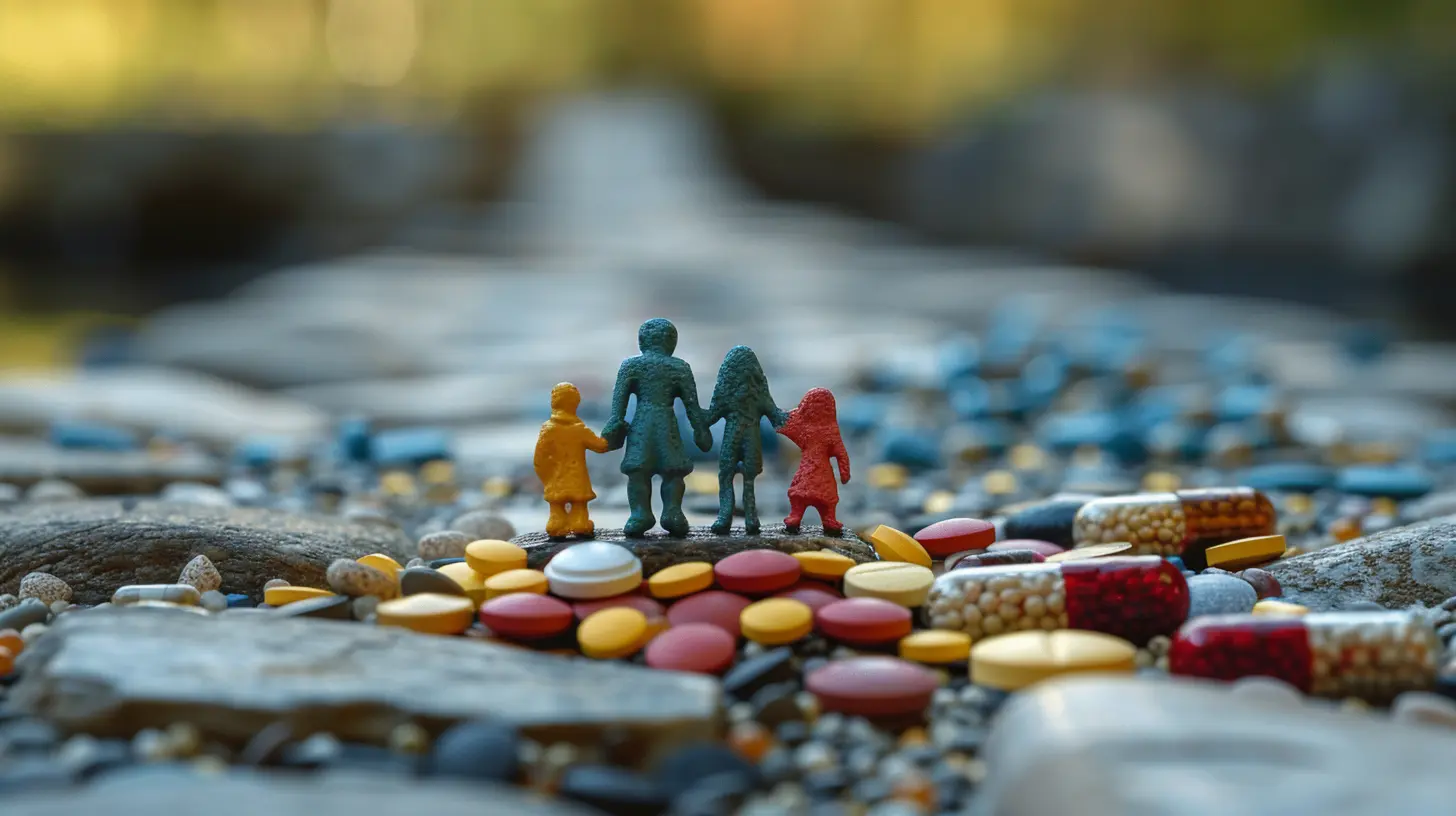
How Families Can Support Recovery
Understanding that addiction is a family disease is the first step. The next step? Healing together. Here’s how families can support both their loved one and themselves.1. Educate Yourself
Knowledge is power. The more a family understands addiction, the better equipped they are to handle the challenges that come with it. Reading books, attending support groups like Al-Anon, or seeking professional advice can make a big difference.2. Set Healthy Boundaries
Boundaries are crucial. They’re not about punishing or abandoning a loved one—they’re about protecting your own well-being while encouraging healthy behavior. Some examples of boundaries include:- Not giving money that might be used to support addiction
- Refusing to cover for irresponsible actions
- Prioritizing your own mental health by stepping away when needed
Setting boundaries can feel uncomfortable at first, but they’re necessary for long-term healing.
3. Encourage Treatment Without Forcing It
You can’t force someone into recovery, but you can encourage them. Offering support, suggesting therapy or rehab, and expressing your concerns without judgment can help plant the seed for change.4. Seek Support for Yourself
Family members also need healing. Whether it’s therapy, support groups, or talking to friends who understand, seeking your own support is just as important as helping your loved one. You can’t pour from an empty cup—taking care of yourself allows you to better support others.5. Practice Patience and Forgiveness (Without Forgetting)
Recovery is a process. There will be setbacks, relapses, and moments of doubt. But patience, understanding, and forgiveness can help rebuild relationships. This doesn’t mean forgetting past pain—it means choosing to move forward without holding onto resentment.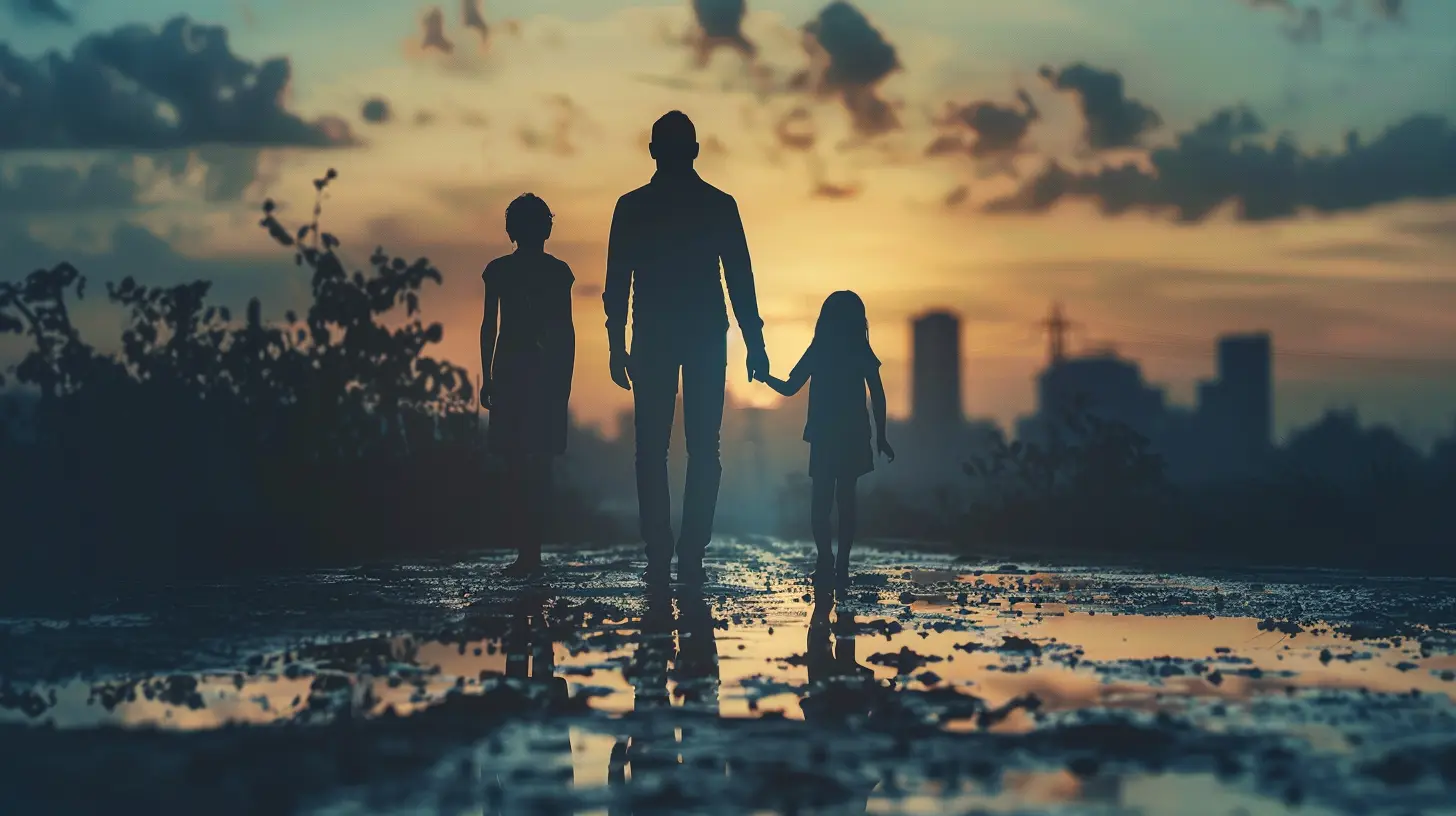
Hope for Families Facing Addiction
While addiction can feel like it’s tearing a family apart, healing is possible. Many families have come out stronger on the other side by working together, setting boundaries, and seeking help.The key takeaway? Addiction doesn’t just affect one person—it’s a family disease. But with the right approach, families can heal together, creating a healthier and more supportive environment for everyone involved.
If you or a loved one are struggling, know that help is out there. You’re not alone, and recovery is possible—for both the one battling addiction and the family standing beside them.
all images in this post were generated using AI tools
Category:
AddictionAuthor:

Gloria McVicar
Discussion
rate this article
3 comments
Piper Nelson
Addiction's roots intertwine; healing requires family unity.
May 13, 2025 at 3:00 AM

Gloria McVicar
Thank you for your insightful comment! Healing in addiction truly thrives within a supportive family environment.
Jaxon Pruitt
Addiction brings its party hat, but it’s not a solo gig! 🎉 It affects the whole family, turning everyone into unwitting members of a support group. Let’s embrace the chaos, find the humor, and heal together—one awkward family dinner at a time!
April 28, 2025 at 4:12 AM

Gloria McVicar
Absolutely! Addiction's impact is profound and far-reaching, touching every family member. Embracing the journey with humor and support can foster healing and connection.
Jax Jacobs
Ah yes, because nothing says “family bonding” quite like enabling Uncle Bob’s midnight wine chugging sessions. Who needs game night when you can play emotional dodgeball around addiction? Truly, a wholesome way to strengthen those familial ties!
April 26, 2025 at 3:41 PM

Gloria McVicar
You're right; addiction impacts the whole family, often complicating relationships and creating difficult dynamics. It's crucial to address and understand these challenges together.

